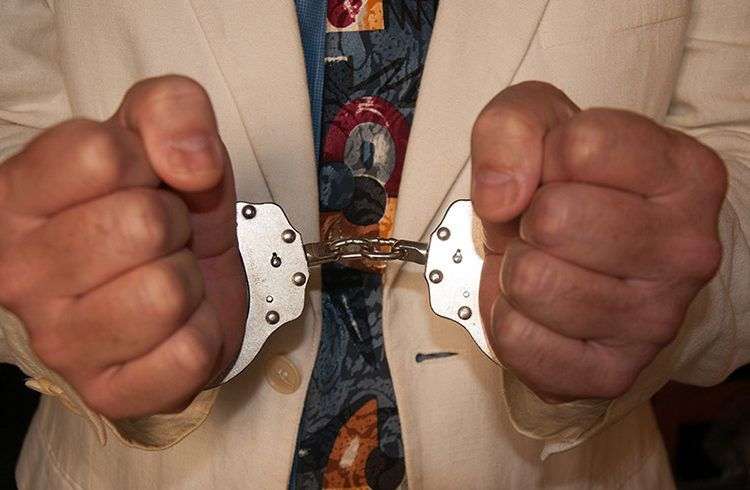The Comptroller General of the Republic (CGR) turns 5 years and the anniversary is celebrated with the most important graft trial, where heavy prison sentences were asked for prominent foreign businessmen and top Cuban officials.
The appointment of Gladys Bejerano at the head of the CGR told little to most Cubans but raised alarms of many politicians who tried to influence President Raul Castro to prevent her from becoming the anti-corruption “czarina”.

After five years of activity we all others begin to understand the resentment of the civil service. Ms. Bejerano has sent to prison ministers, deputy ministers, managers, directors, administrators, foreign businessmen and many “daddy´s kids”
The signs were there; even President Raul Castro said in a public speech that no Cuban should believe that he was above the law, carrying a message to the ruling class and their families.
The CGR was essential to combat internal corruption, a cancer that had metastasized throughout the body of the nation, to the point that Fidel Castro himself felt the need to warn that the revolution could destroy itself.
Despite the limited information provided about the fight against corruption, this five-year period makes clear that the scourge is so immune to the ideological formation of the political and government cadres and business ethics of some foreign millionaires.
Elements that facilitate corruption
Certainly it is no problem exclusively of Cuba but the island has a long tradition, even Fulgencio Batista in 1951 said that the embezzlement was one of the 3 major problems of the country and that “the crisis was there not because crimes were committed, but because they went unpunished “.
Nothing and nobody can avoid some people from getting corrupted but there are elements that facilitate this. A good breeding ground is the excessive centralization, lack of control, lack of transparency, lack of press and bureaucratic oversight mechanisms.
The government promotes changes in all these areas but progresses are very slow. Ministries themselves are reluctantly letting go their business and the opening of cooperatives to replace some of them are passed at a crawl.
The huge number of companies in the hands of government directly affects the lack of control over them and the need to maintain a huge bureaucracy, armed
with mechanisms that often generate more problems than solutions.
Companies are created to manage other companies as is the case of an importers that keep the supplier away from the end customer and generate another step

for possible corruption. Inmates and dismissed from these places attest that sometimes the cure is worse than the disease.
And as the State could not be judge and jury, the control of all these activities is very difficult. In a food company I know the ministry it depends on warns weeks in advance of the “surprise” inspections they will have.
Nor much progress on the issue of transparency either, essential if we want people to participate in any way in the fight against corruption. When people cannot require officials for information, this creates shaded areas that make the offenses possible.
The press could make this much more transparent but the steps that have been taken are still minimal. Officials still believe that can handle it at will, just days ago a newspaper claimed that the director of a hospital tried it to forbid them from writing.
The work of the Comptroller during these 5 years has been very commendable but cancer will be reborn again and again if the fight against corruption is not accompanied by other social, economic and political transformations in the nation.











